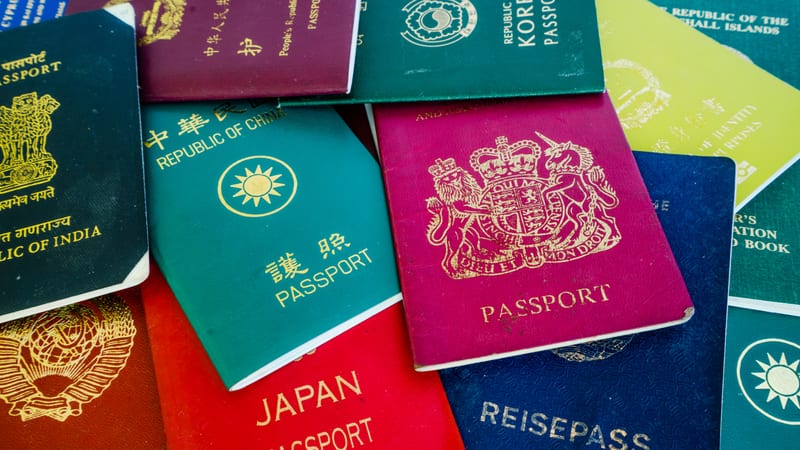Guide on Divorcing a Foreign Spouse in the UK
4 min read

If you are married to a foreign spouse you may wonder whether you have the ability to get divorced in England and Wales.
Your spouse’s nationality does not impact on whether the court here can deal with a divorce. Instead, the court will consider if they have ‘jurisdiction’ to deal with a divorce. This can be obtained in one of a number of ways:
- You are both habitually resident in England and Wales.
- You were both last habitually resident together in England and Wales and one of you continues to reside here.
- The person responding to the divorce is habitually resident in England and Wales.
- The person starting the divorce is habitually resident in England and Wales and has resided here for at least one year immediately before starting the proceedings.
- The person starting the divorce is domiciled and habitually resident in England and Wales and has resided here for at least six months before starting proceedings.
- You are both domiciled in England and Wales.
- One of you is domiciled in England and Wales.
Habitual residence and domicile are complex concepts and if you are unsure as to whether you meet the criteria to divorce in England and Wales it is always important to take legal advice.
What claims can I make?
When divorcing a foreign spouse you can make the same financial claims as anyone who is getting divorced. These claims can include:-
- cash lump sum payments
- The sale of assets, such as properties and shares
- The transfer of assets from one spouse to another
- The sharing of pensions
- The payment of maintenance from one spouse to another
The courts in England and Wales can make orders in relation to assets in the UK or abroad. However, there may be careful considerations needed in terms of what enforcement options are available if your spouse fails to comply with a court order relating to an asset abroad.
Do not delay in obtaining advice
If you have a foreign spouse it may be possible for them to start divorce proceedings in another country, as that country may also have ‘jurisdiction’. It is therefore very important for you to get legal advice as soon as possible so you can assess the situation and deal with any dispute that could arise about which country any divorce should take place in.
If you speak another language
If necessary the court can arrange for translators to be present at any court hearings and your solicitors can make arrangements with you directly to ensure that you understand any paperwork and advice.
Do I need to attend court?
If it is possible for you to reach an agreement with your spouse about your finances, either directly or with the help of a solicitor and/or mediator then it is likely that you will never need to attend court. However, if it is necessary for there to be a court application made about your finances then hearings will take place at the court, and it is likely that you attendance will be required. If you have a solicitor or barrister they will address the court and deal with negotiations on your behalf.
What about our children?
If you can agree between you what the arrangements for the children should be, there is no requirement for any court order or formal document to be prepared. However, if there is a dispute between you about who the children should live with, what time they should spend with the other parent, or what country they should live in then a court application may be necessary.
How we can help
As family law specialists we can advise you on any international family law issues that you may face in relation to a potential divorce, your finances and any children that you have.